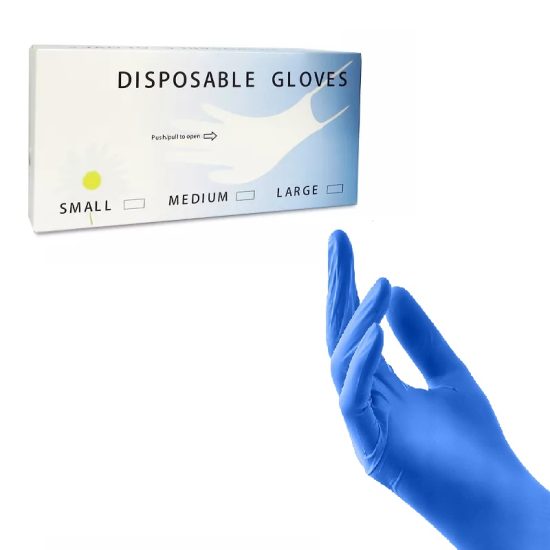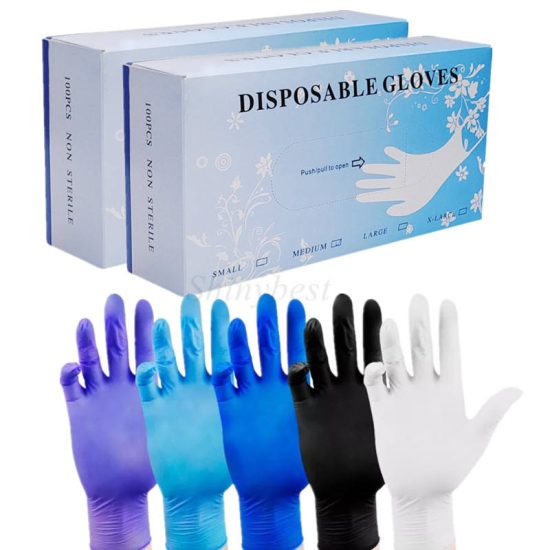Healthcare professionals, including doctors, nurses, and other medical staff, require work gloves that provide protection, comfort, and dexterity while ensuring compliance with hygiene standards. Here are some types of work gloves commonly used in healthcare settings:
- Nitrile Gloves: Nitrile gloves are a popular choice in healthcare due to their excellent barrier properties and resistance to punctures, chemicals, and pathogens. They offer a high level of protection and are suitable for various medical procedures.
- Latex Gloves: Latex gloves have long been used in healthcare settings for their superior tactile sensitivity and fit. They offer good barrier protection, but it’s important to note that some individuals may have latex allergies.
- Vinyl Gloves: Vinyl gloves are an alternative for individuals with latex allergies. While they provide basic protection, they offer less tactile sensitivity compared to nitrile or latex gloves. They are commonly used in non-sterile environments.
- Sterile Surgical Gloves: Sterile surgical gloves are worn by healthcare professionals during surgical procedures to maintain a sterile environment. They are typically made of latex or synthetic materials and meet stringent quality standards.
- Chemotherapy Gloves: Chemotherapy gloves are designed specifically for healthcare professionals who handle chemotherapy drugs. They provide protection against chemical exposure and are often made of nitrile or neoprene.
- Disposable Exam Gloves: Disposable exam gloves, such as nitrile or latex gloves, are used during routine patient examinations, handling contaminated items, and performing general healthcare tasks. They are lightweight and provide a barrier against pathogens.
- Cut-Resistant Gloves: Cut-resistant gloves are useful for healthcare professionals who handle sharp instruments or perform tasks with a high risk of cuts or punctures. These gloves have a cut-resistant lining or coating to protect against accidental injuries.
- Antimicrobial Gloves: Antimicrobial gloves are designed to inhibit the growth of microorganisms on the glove surface, reducing the risk of cross-contamination. They are often used in specialized healthcare settings or situations where infection control is critical.
When selecting work gloves for healthcare professionals, consider the specific tasks and requirements of the job, as well as compliance with industry regulations and standards. Additionally, gloves should fit well, be comfortable for extended wear, and allow for the necessary dexterity to perform medical procedures effectively. Follow proper hand hygiene practices and dispose of gloves appropriately after each use to maintain a safe and sanitary healthcare environment.


